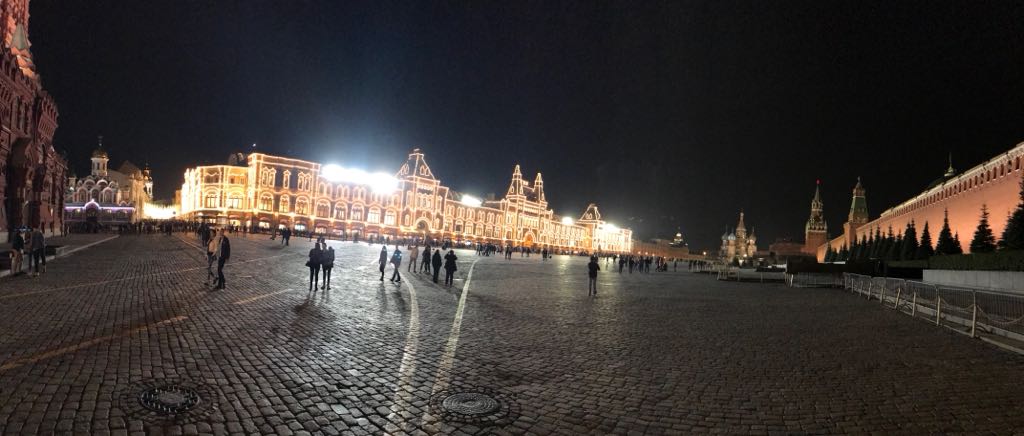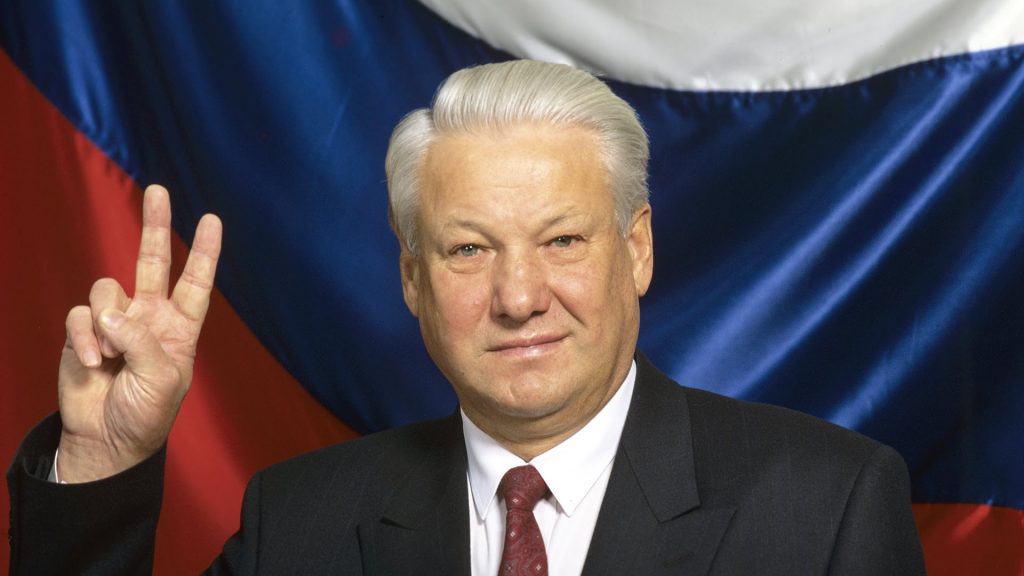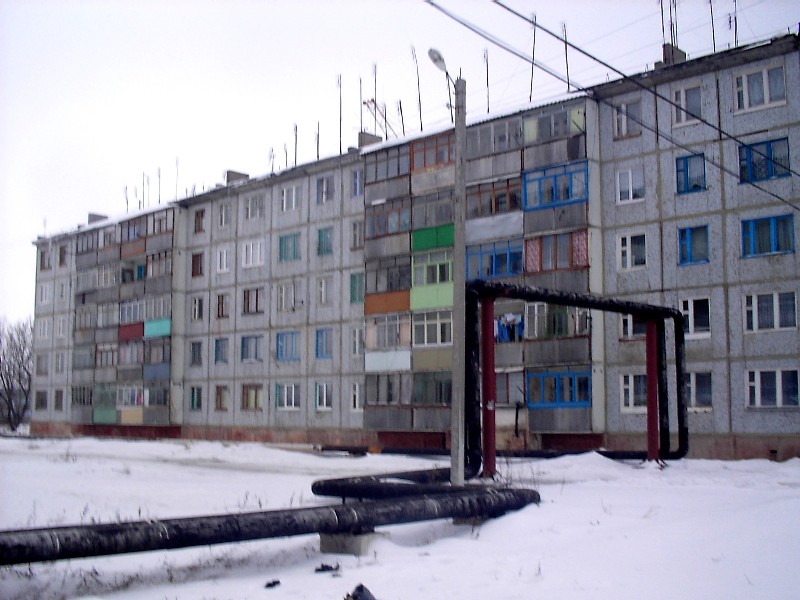
I am from New York City, and what that means is that I know a good pastrami sandwich when I see, or more properly, taste one. For those of you who do not know what pastrami is, let me give you a quick course in Jewish cuisine.According to David Sax, author of “Save the Deli,” pastrami is not actually a food but a cooking technique brought to New York in the late 1800s by Romanian Jews.It is a process by which beef is pressed with salt, flavored with liberal amounts of spices, then smoked and steamed until it is tender. From the time I first came to New York as a teenager, I lived in the traditionally poorest and most working class section of the city, The Lower East Side, which was filled with immigrants from Easter Europe, primarily Jews. It was there that I first tasted that classic sandwich: hot sliced pastrami on seeded kosher rye bread served with spicy brown mustard and accompanied by a fat pickle. It is so significant to the culinary history of New York and so to the identity of the city itself, that everysavy visitor to the city knows that he must make a pilgrimage to one of the city’s famous “delis” to eat pastrami on rye with kosher mustard of course.
So I am shocked when my American friend Matt invites me to Yunist, a restaurant famous for its pastrami. “You’re kidding right? You know I am from New York right?” Not only am I a New Yorker, I am a former chef, a fanatical foodie, and I am going to a restaurant in Moscow to eat pastrami; I am not expecting much from the experience. Our sandwiches come, not on seeded Jewish rye but on a crispy white bread. I am on the verge of sending it back. Matt dissuades me. I ask the waitress for the mustard. It has a sauce she tells me.A sauce?????? It gets worse. There is no swollen kosher pickle. Instead, there is a small timbale of finely sliced pickles flavored with seaweed. I am sick to my stomach. Braced for revulsion, I close my eyes and bite into the sandwich. I find myself floating on a delightfulwave of taste. It is delicious. And so, whenever Matt and I go out to eat we return to Yunist for the pastrami. The very idea of eating pastrami with mustard is unpleasant now, and I know that I have left New York far behind and fallen in love with Moscow, mouth and heart.
Matt and I go there last night for dinner – to eat pastrami of course. It is a sad occasion. Matt has decided to go back to America for a few years to get his Master’s. He is a very tall, fit, handsome man who has had his heart broken by a Russian woman. But that is not the reason he is leaving. He is a teacher’s teacher who wants to advance in his career, and so he will return to his native Boston and begin his studies in the fall. He is sad at having to leave Moscow for even two years, for he not only fell in love with a Russian woman, he fell in love, as so many of us have, with the city itself. I am sad because I will miss him and because I know how painful it must be to leave this place. As we walk through the elegant streets of Sventnoy Boulevard, he points out restaurants he likes, takes me to see the clubs he goes to. He knows so many people.
You fall in love with Moscow. It is an easy thing to do. It is beautiful; not just the classy and staid center of the city, but the little nooks and crannies in out of the way places. It is warm and it is rich, and it is filled with people who, although they don’t smile much, do laugh uproariously at the jokes they are fond of telling one another.
Unlike New York, which was designed in a grid, Moscow is a series of circles within circles; courtyards and small side streets, which hide quaint old buildings. The churches are squatter and rounder than European churches with colorful onion tops rather than pointed and piercing spires. The Metro is filled with mosaics, statues, bas reliefs, works of art that surround the toiling masses on their way to work. Stalin alway that when he built the Metro to let the workers know what it would be like to live in a “worker’s paradise.” He was true to his word – no Metro I have ever seen, and certainly not that of New York City can touch it. From the Metros to the museums beauty abounds. And then there is the Bolshoi, the opera and the ballet……the Bolshoi with the magnificent statue of Marx across the street. The Library named for Lenin could provoke the Lions that sit in front of the Library of the City of New York to rise up and roar with jealousy. The concerts, the musicians playing in the Metro, the poetry of great Russian poets read on the hour over loudspeakers in my Perovsky Park, so that even the children playing can hear it. The people of Moscow feast on beauty and culture.
Thirty percent of the city is green: trees are everywhere, from small forests such as Ismailovsky Park, to the beautiful small Perovsky Park across from my home, to the famous Gorky Park of book and movie fame, the communists took good care to give the people green spaces, and the Putin administration ensures that they are well maintained.
And, when all the magic that is Moscow gets done capturing your heart and mind, there is always the pastrami, minus kosher pickle and mustard, but with a wonderful sauce, to capture your stomach.
Mary Metzger is a 72 year old retired teacher who has lived in Moscow for the past ten years. She studied Women’s Studies under Barbara Eherenreich and Deidre English at S.U.N.Y. Old Westerbury. She did her graduate work at New York University under Bertell Ollman where she studied Marx, Hegel and the Dialectic. She went on to teach at Kean University, Rutgers University, N.Y.U., and most recenly, at The Moscow Institute of Physics and Technology where she taught the Philosophy of Science. Her particular area of interest is the dialectic of nature, and she is currently working on a history of the dialectic. She is the mother of three, the gradmother of five, and the great grandmother of 2.















































